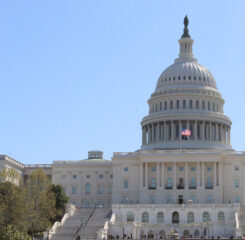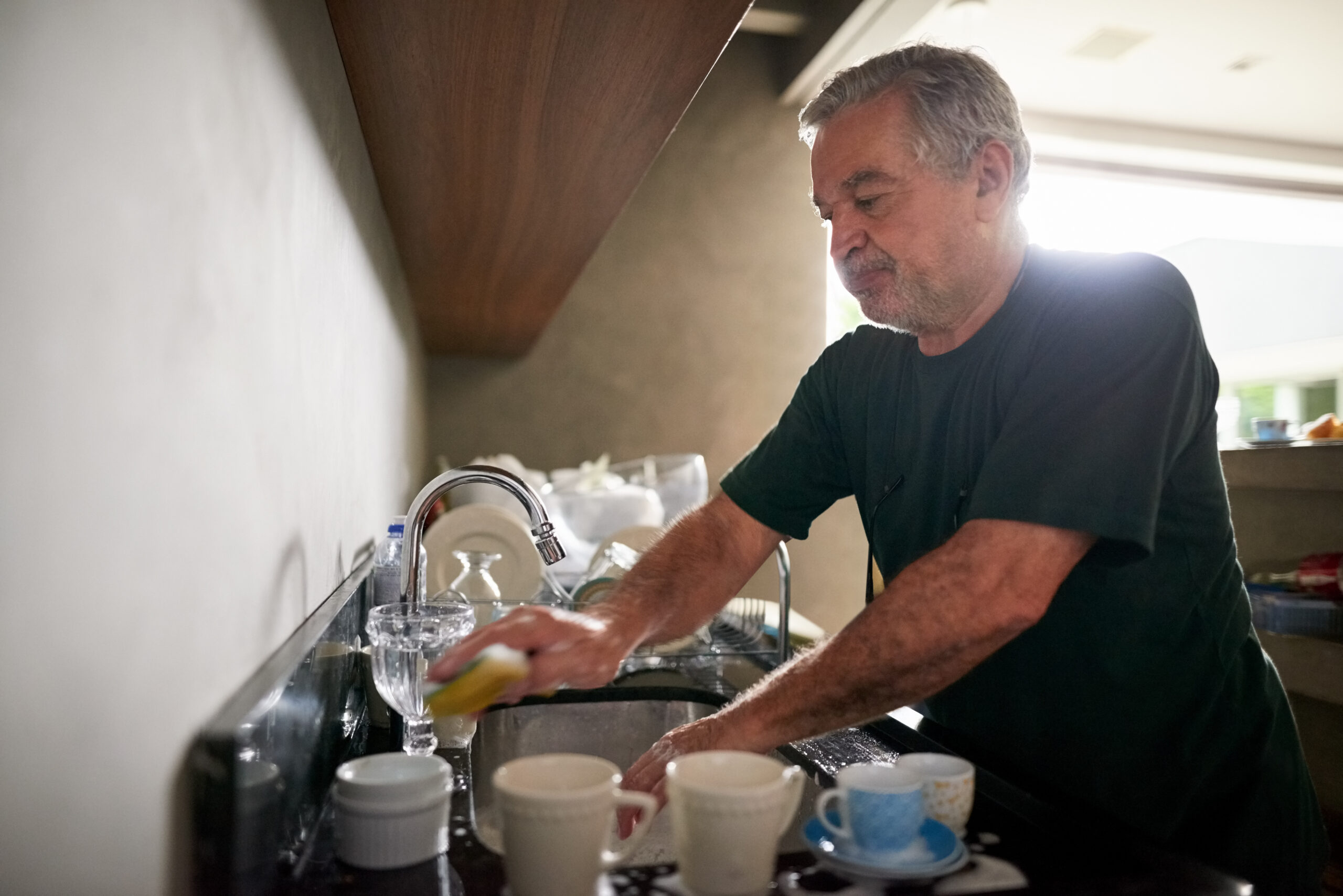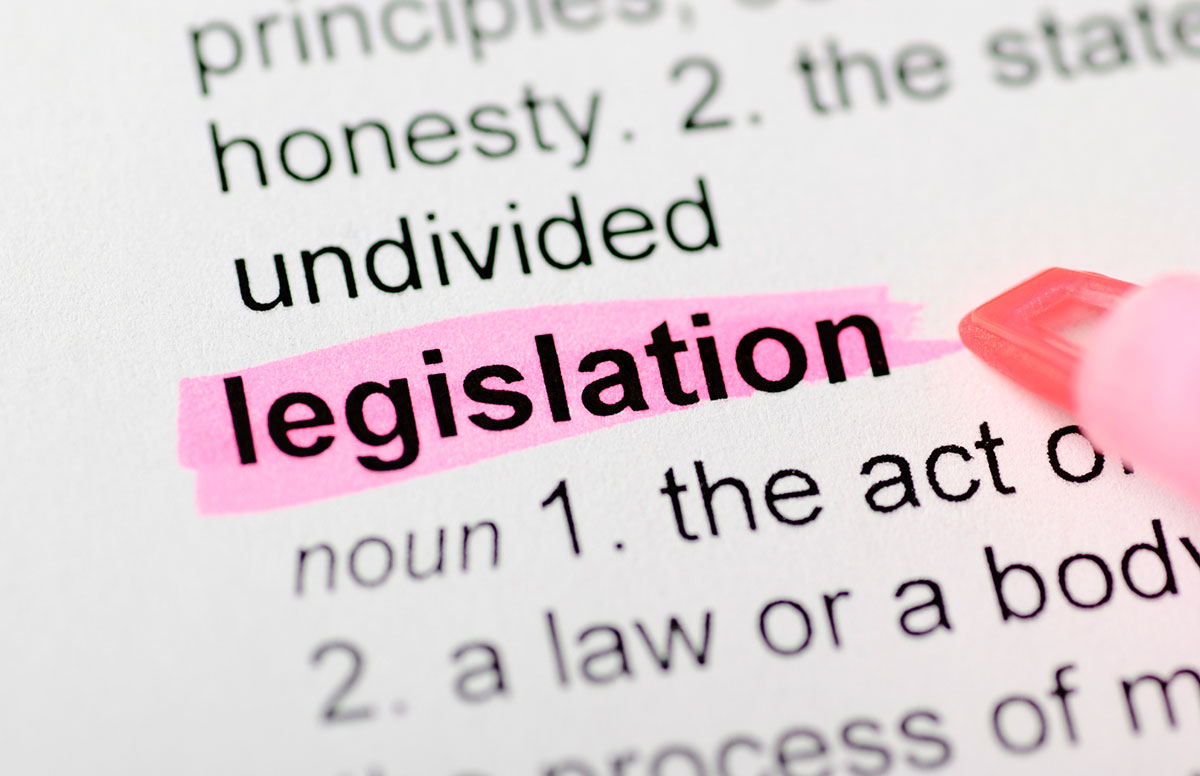HHS Expands HCBS with Money Follows the Person Grants
Up to this point, MFP has provided states with more than $4 billion to support people who choose to transition out of institutions and back into their homes and communities, by supporting state efforts for rebalancing their long-term services and supports systems. From the start of the program in 2008 through the end of 2020, states have transitioned over 107,000 people to community living.
MFP grantee states are primarily transitioning four targeted populations:
- older adults;
- people with physical disabilities;
- people with intellectual or developmental disabilities; and
- people with severe mental illness.
To be eligible, participants must be Medicaid beneficiaries residing in an inpatient facility, such as a hospital or nursing facility, for 60 consecutive days, and must move to a qualified residence in the community, which includes homes either owned or leased by the participant or a family member, apartments, and small group homes. After transitioning to a qualified residence in the community, participants are eligible for MFP services for 365 days. States receive enhanced match rates during that year for services that typically include personal care, adult day health, case management, homemaker, and respite services, and transition coordination services. Through MFP, states also provide services to help beneficiaries overcome barriers to returning to community living, including security and household set up costs.
The new awards of up to $5 million being received by Illinois, Kansas, and New Hampshire, as well as for American Samoa and Puerto Rico – will support the early planning phase for MFP programs. This includes:
- Establishing partnerships with community stakeholders, including those representing diverse and underserved populations, Tribal entities and governments, key state and local agencies (such as state and local public housing authorities), and community-based organizations;
- Conducting system assessments to better understand how HCBS support local residents;
- Developing community transition programs;
- Establishing or enhancing Medicaid HCBS quality improvement programs; and
- Recruiting HCBS providers as well as expert providers for transition coordination and technical assistance.
With Monday’s announcement, CMS Administrator Chiquita Brooks-LaSure noted that Money Follows the Person fits with the Biden-Harris Administration’s commitment to affordable, accessible, person-centered care. Back on July 21, CMS released the first ever set of Medicaid home and community-based services (HCBS) quality measures in State Medicaid Director Letter (SMD 22-003). Although most of the states’ participation in the Measure Set will be voluntary, states will be obligated to produce HCBS Quality Measures for MFP as well as 1115 demonstrations as a way to evaluate population health systems surrounding access, rebalancing and community integration. More operational guidance from CMS to states on the Quality Measure Set, including how it will impact MFP reporting, will be coming in the not-too-distant future.

Most Recommended
July 01, 2025
 Budget Reconciliation 2025
Budget Reconciliation 2025
June 27, 2025
Pathways for Foreign-Born Workers
Recently Added
July 01, 2025



